Puppy Training Checklist: Puppy Socialization
Positive Reinforcement Puppy Socialization Tips and Goals
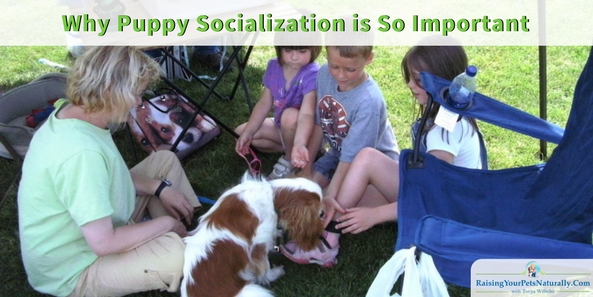
Puppy Socialization
For this reason, the American Veterinary Society of Animal Behavior believes that it should be the standard of care for puppies to receive such socialization before they are fully vaccinated. The American Veterinary Society of Animal Behavior states, “Enrolling in puppy classes prior to three months of age can be an excellent means of improving training, strengthening the human-animal bond, and socializing puppies in an environment where the risk of illness can be minimized.”
The experiences must be positive! It is extremely important to monitor interactions your puppy has to make sure they are enjoyable. Gradually expose him to noises and sights at an increasing intensity rather than scaring him with a full-blown noise or sight.
If your puppy has a bad experience with something, try to set up a similar situation in a less stressful way. Be prepared to reward heavily for brave behavior. Start with your puppy from a distance, feeding him yummy treats, and gradually decrease the distance. Make sure you are moving on his comfort level; don’t do more than he’s ready for.
Reinforce confident behavior and help him if he is fearful! If your puppy shows any signs of being fearful or stressed, you must make sure you are addressing his needs and decreasing his fear by allowing him to move away from what he finds scary or intimidating. Try moving your puppy farther away from the “scary” source. Once your puppy is relaxed, reinforce this behavior.
Below are a few ideas to get you started on socializing your puppy properly.
- People: Adult females, Adult males, Seniors, Teenager, Children, Toddlers, Babies, Person with facial hair, Person with a hat on, Person with sunglasses, Person of a different nationality, Person in a wheelchair, Person with a deep voice, Person in raincoat, Person in uniform, and Clowns.
- Places: Park, Playground, Veterinary clinic (just for a fun visit), Groomers/Kennel (just for a fun visit), Pet store, Dog show, Someone else’s house, Hotel (that allow dogs), Shopping center, and Beach.
- Things: Bicycle, Cars, Motorcycle, Rollerblades, Clanging pots and pans, Vacuum, Floor fan, Garage door opening, Umbrella, Playground equipment, Bridges, Wet grass, Mud, Sand, Balloons, Trains, Machinery, Shiny floors, Fireplace, Other friendly dogs, and Other animals.
So don’t delay, enroll in a good puppy class right away! If you put off socializing your puppy, you will not be able to recapture what you lost; you will be stuck attempting to fix problems later. Look for a puppy class that takes every step to ensure your puppy’s behavioral and physical health needs are met during classes. A class All held indoors with the floors sanitized prior to your puppy’s arrival is ideal. Toys and water bowls should only be used for your class or properly sanitized to help eliminate cross-contamination.
Your questions or comments are welcome below.
Are you looking for even more ways to stay up to date with Raising Your Pets Naturally? Sign up for the newsletter for more tips and promotions. Don’t forget to be social and Like, Follow and Subscribe.
Facebook Twitter Pinterest Instagram YouTube
 |
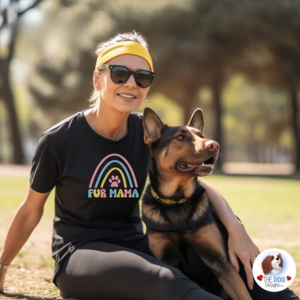 |
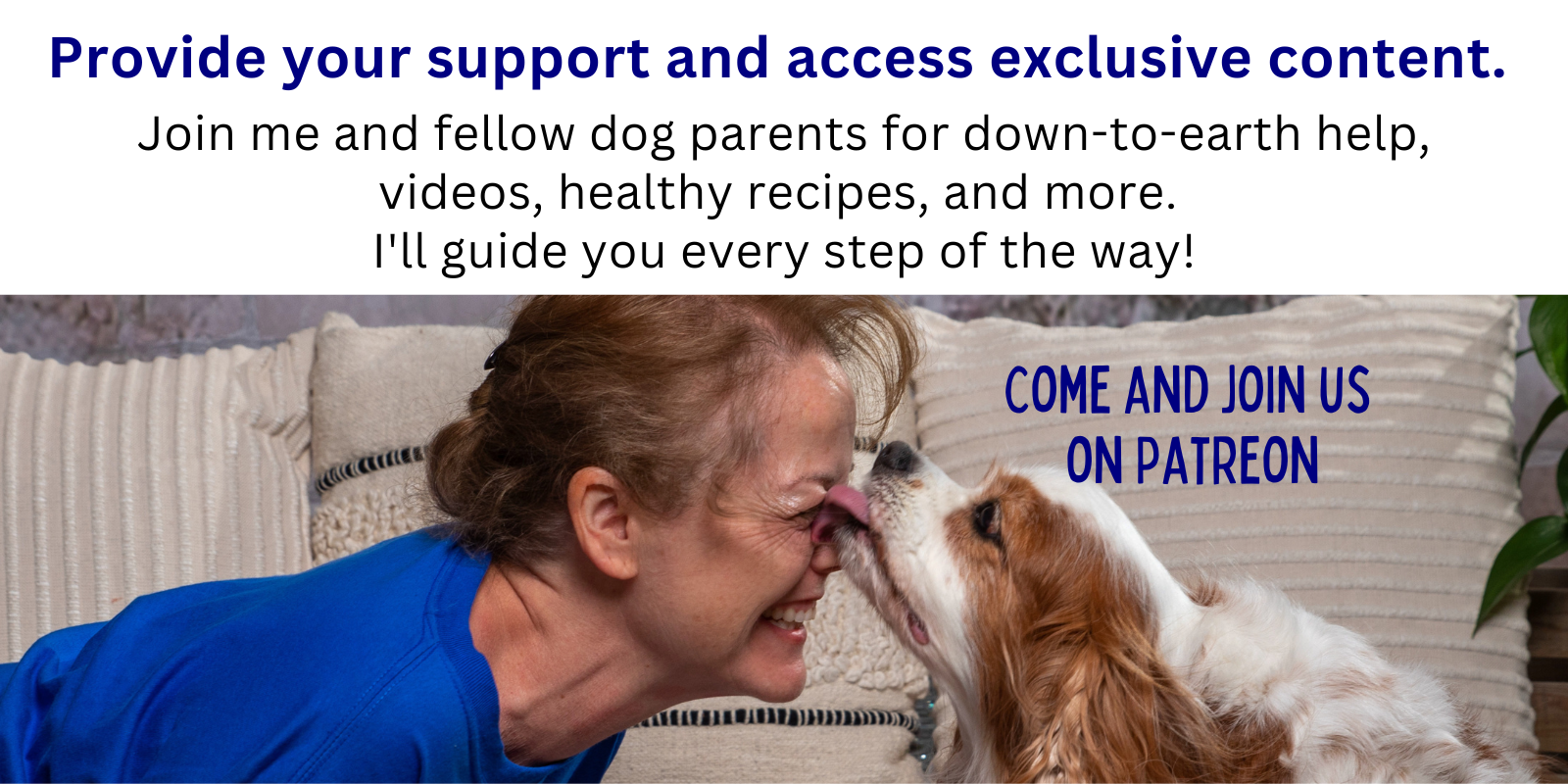
Google Adsense—>
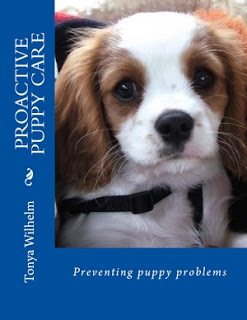 |

If you found my blog helpful, please consider a small contribution. Dexter and I thank you! |

Pin It


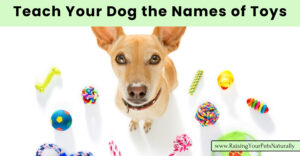
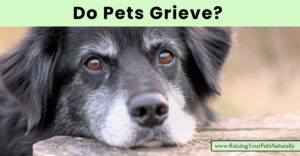
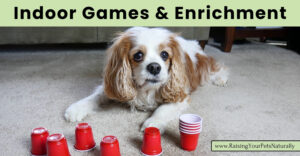
5 thoughts on “Puppy Training 101 | The Importance of Puppy Socialization”
Comments are closed.